Date: 15 January 2003
"The move is part of our global strategy to increase the number of our production origins," said Simon Li, spokesman for Xinyi Group (Glass) Co Ltd, which owns the biggest float glass workshop in mainland China and exports 70 percent of its goods.
"A second production origin can give our clients a choice to avoid possible interruptions in supply while we deal with anti-dumping measures," he added.
Last year Xinyi and several mainland China automobile glass makers lost an anti-dumping suit in the United States, which started imposing punitive tariffs of 3.71 percent to 124.5 percent on replacement glass windshields from China from last April.
The anti-dumping petition was filed by U.S. autoglass makers Apogee Enterprises Inc (NasdaqNM:APOG - News), PPG Industries Inc (NYSE:PPG - News) and privately held Safelite Glass Corp.
"The tariff increases our costs and creates uncertainties," Li said, adding that the duty was subject to change each year.
Xinyi and three other Chinese windshield makers also battled dumping charges by foreign competitors in Canada last year but won the case.
Under international trade rules, dumping occurs when a foreign firm sells products in a country at a lower price than in its own country.
A LOT OF WINDSHIELDS
The Hong Kong factory, which employs 80 people and is aiming to double its payroll, began commercial production this week. It is the first windshield maker in the territory with investment of HK$120 million and annual production capacity of 800,000 units.
The Hong Kong plant will help Xinyi boost annual production of windshields to about three million by 2004, or five percent of the world's consumption, from two million last year.
Xinyi, controlled by Hong Kong entrepreneur Lee Yin-yee, is one of tens of thousand of Hong Kong firms which have set up factories in the mainland or moved them there in recent decades to take advantage of its low labour and land costs.
But with China rapidly becoming what economists call the "world's workshop", more mainland-based companies from steelmakers to bicycle producers and television manufacturers have been falling prey to anti-dumping charges from foreign countries seeking to protect their own industries.
While China's entry into the World Trade Organisation in late 2001 has given Chinese firms the means to fight anti-dumping charges and other trade disputes, many reportedly do not file complaints because they believe such challenges are too time consuming and expensive.
HONG KONG EDGE
Li said Xinyi believes Hong Kong's status as a free market economy and a world financial powerhouse will allow its factory here to avoid anti-dumping charges. Though Hong Kong returned to Chinese rule in mid-1997, it was allowed a high degree of autonomy and has its own international trade agreements.
"Hong Kong is a free-market economy and not involved in the anti-dumping investigation," said Li, adding that the company was also considering a public stock offering in the territory or other markets.
Li also said falling property and labour costs in the former British colony have made it more attractive to manufacturers.
A higher quality workforce and more efficient infrastructure in Hong Kong will also help to offset the cost disadvantage with the mainland, he added.
The Hong Kong plant offers monthly wages of between HK$7,000 (US$897) and HK$13,000, way above the 1,000 yuan plus (US$120) it pays to mainland workers.
Xinyi operates six plants with total investment of 850 million yuan in the neighbouring southern Chinese boomtown of Shenzhen, where it has more than 2,200 staff.
Xinyi began production in the late 1980s in China, where most of its products were sold. It now exports most of its goods to 60 countries around in the world, with North America the main destination.

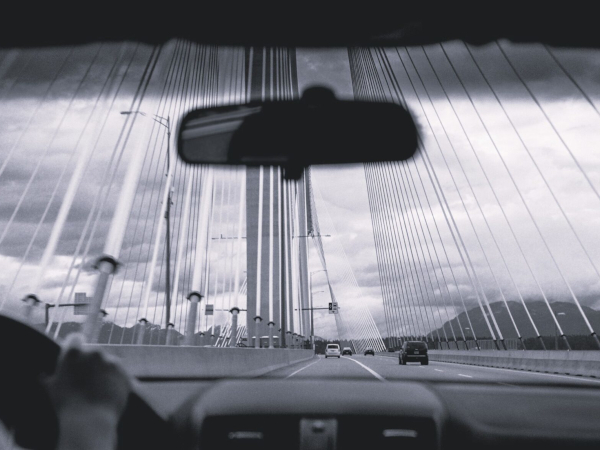

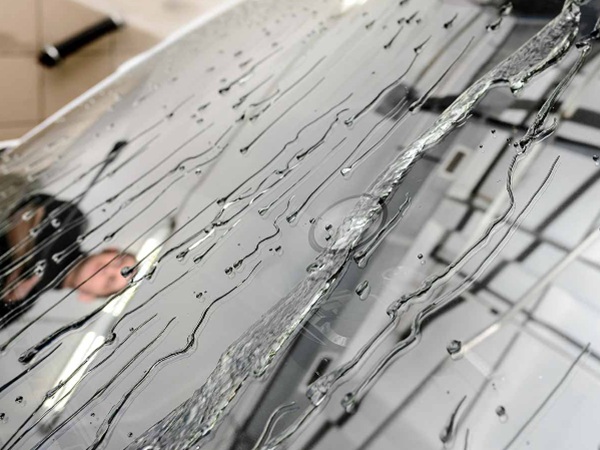
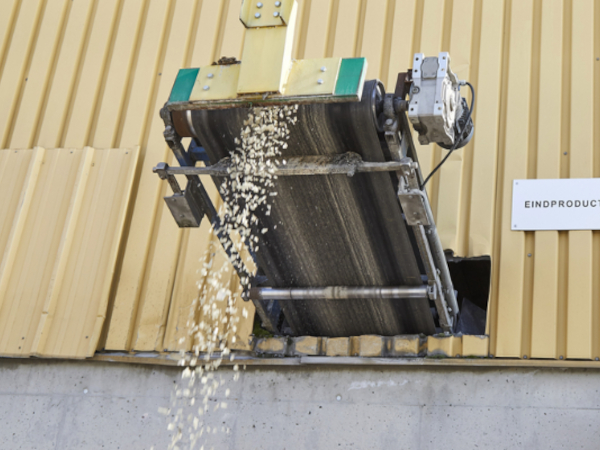










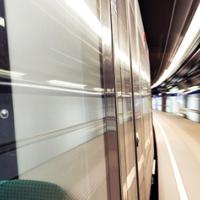

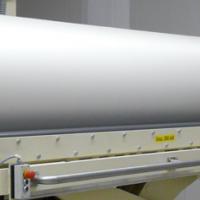
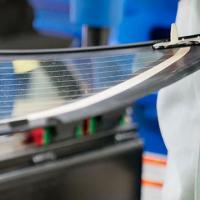
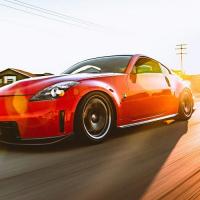
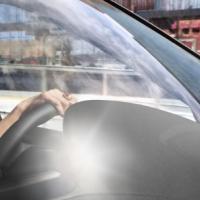
Add new comment